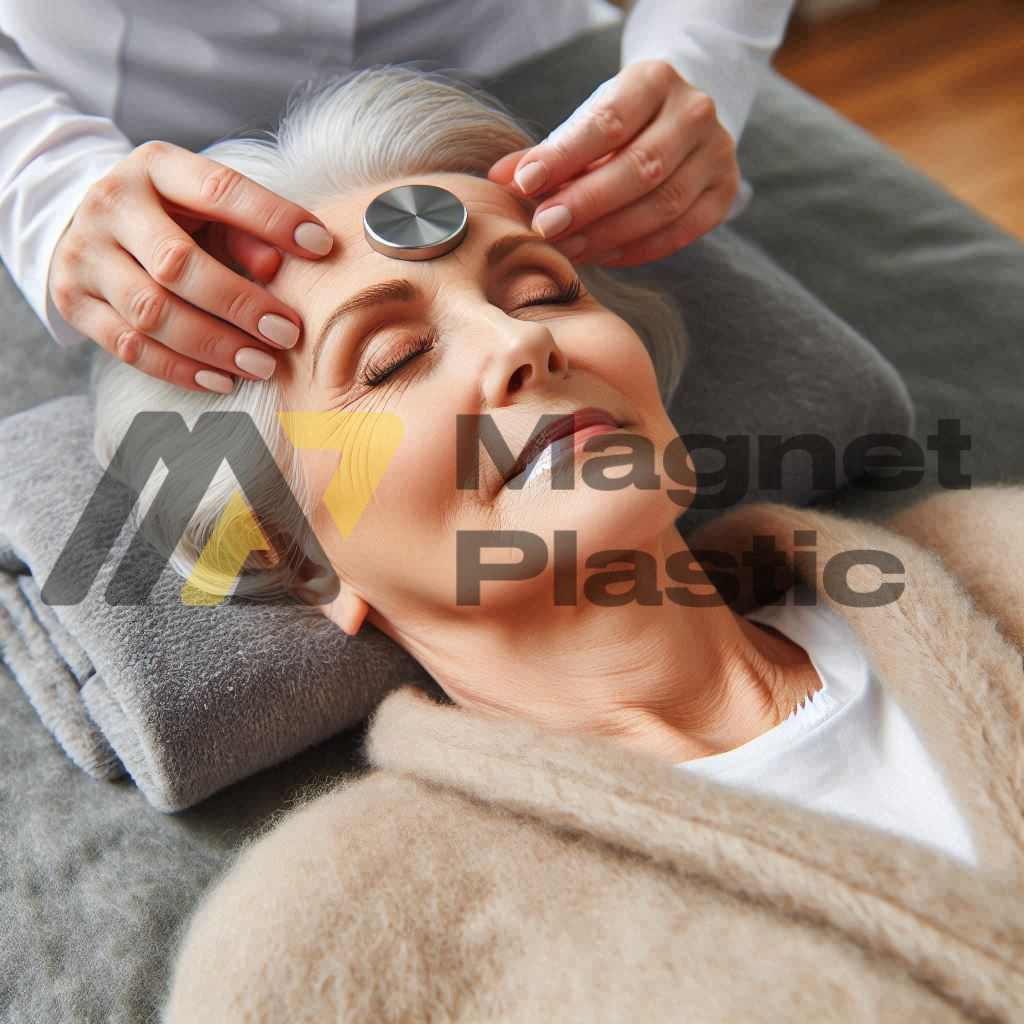Magnetotherapy: Myth or reality?
Magnetotherapy is an alternative therapy that uses the influence of magnetic fields to treat different conditions, especially those related to pain. Over the years, this practice has been the subject of controversy. While some users claim to achieve significant improvements in their well-being, many experts and scientists remain skeptical about its true effectiveness. In this article, we unravel in detail what magnetotherapy is, how it is said to work, and what scientific backing it has, if any.
Magnetotherapy: What is it and how does it work?
Magnetotherapy proposes that exposing the body to magnetic fields can stimulate certain biological processes. According to its proponents, the use of strategically placed magnets near painful or affected areas can improve blood flow, reduce inflammation, and aid in cell regeneration. This technique is commonly employed in the form of bracelets, necklaces, insoles, and other accessories that contain small magnets.
The basic premise is that the magnetic field interacts with the body at a cellular level, improving circulation and promoting a balance in the body’s energy system. Although this sounds plausible to some, the scientific community has cast doubt on these mechanisms, suggesting that the effects may be more related to suggestion or placebo than to an actual action of the magnets.
What does science say about magnetotherapy?
Despite the great claims of benefits revolving around magnetotherapy, the available scientific evidence is not entirely favorable. Numerous studies have tried to evaluate whether the use of magnets really has a tangible impact on pain relief or the healing of diseases, but the results have been mixed and, in most cases, inconclusive.
For example, a study carried out with arthritis patients found no significant differences between those who used magnets and those who received a placebo. That is, the effects of magnetotherapy in these cases did not seem to go beyond suggestion. These types of conclusions have been repeated in various investigations, leading many experts to point out that the magnets used in magnetotherapy do not generate therapeutic effects beyond the placebo effect.
Why is magnetotherapy still popular?
Despite the lack of hard scientific backing, magnetotherapy continues to be popular in many circles. One of the main reasons for its acceptance is the perception that it is a natural and noninvasive therapy, making it an attractive option for those looking to avoid medications or more intense medical procedures.
In addition, the marketing around magnetic products is powerful and is backed by testimonials from users who claim to have found relief from this technique. The placebo effect also plays a role: belief in the efficacy of a treatment may be enough for some people to feel a subjective improvement in their symptoms.
Is magnetotherapy safe?
One of the aspects that contributes to the continued practice of magnetotherapy is that it is generally considered safe. The magnets used in these treatments are usually low-potency, so no serious adverse effects have been reported. However, there are exceptions: people who use medical devices, such as pacemakers, should avoid magnets, as they could interfere with the functioning of these devices.
Conclusion: Myth or reality?
Magnetotherapy remains a therapy that is questioned by science. Although many users claim to experience benefits, most studies suggest that there is no solid evidence to show that magnets can effectively cure diseases or relieve pain. In many cases, perceived relief could be related to the placebo effect.
For those considering trying magnetotherapy, it is important to remember that it should not replace conventional medical treatments. While it is likely not to pose significant health risks, its effectiveness in treating specific diseases remains largely a myth.
In summary, although magnetotherapy may appeal to those seeking natural solutions to pain or discomfort, it is essential to be aware that, as yet, its benefits are not supported by conclusive scientific evidence.
